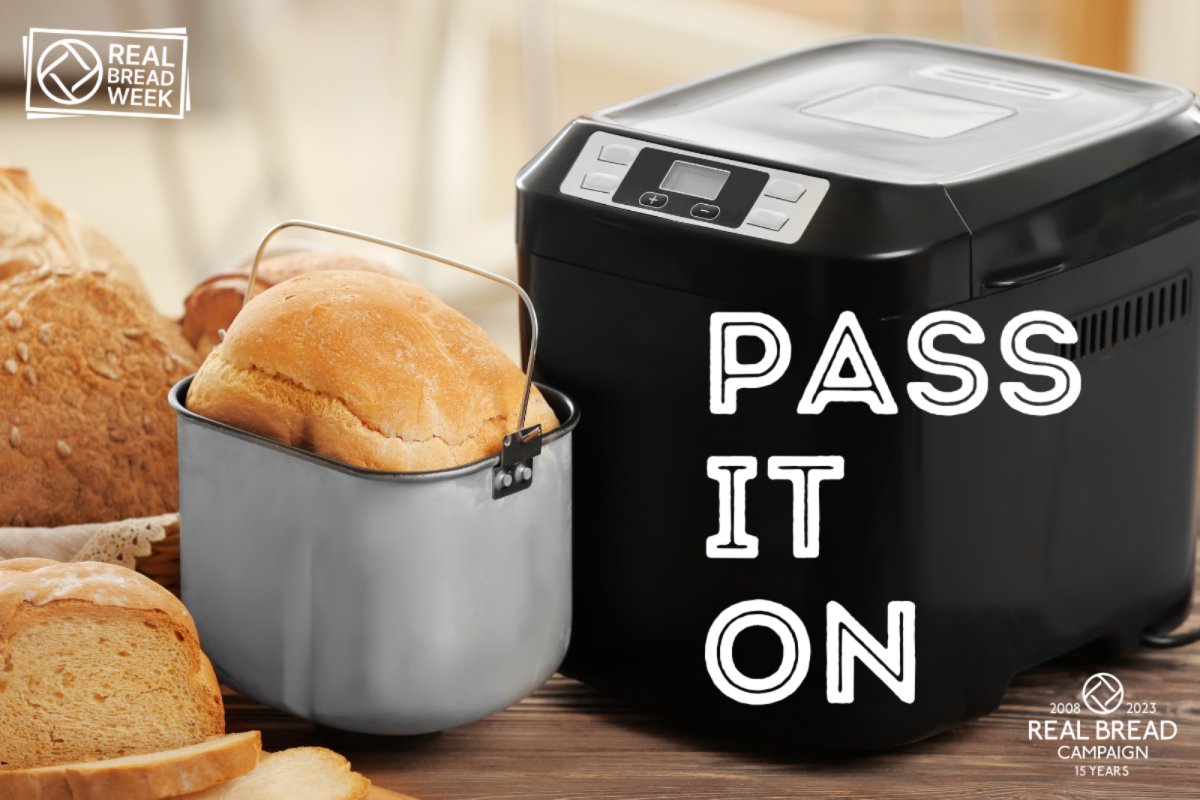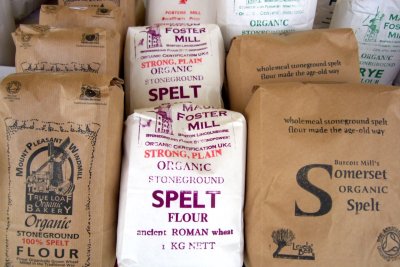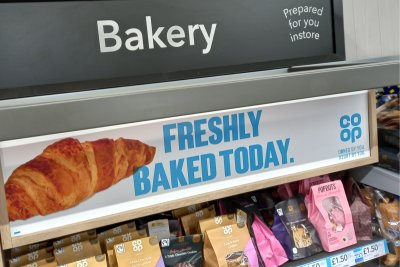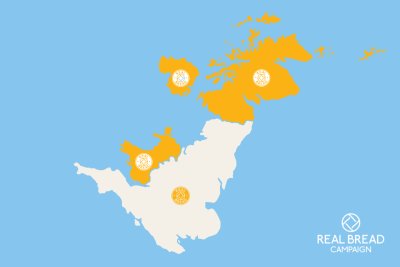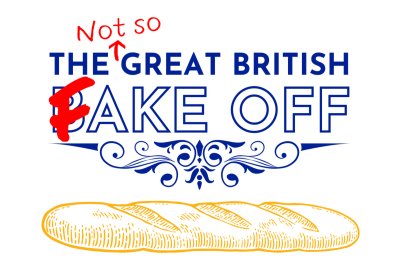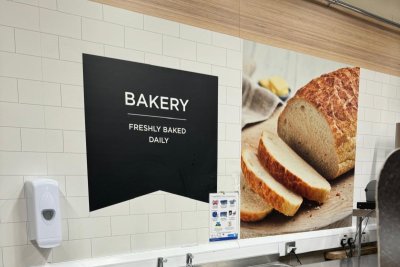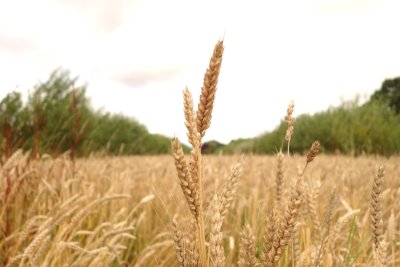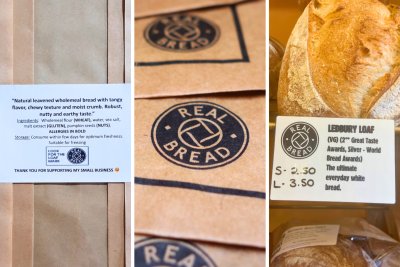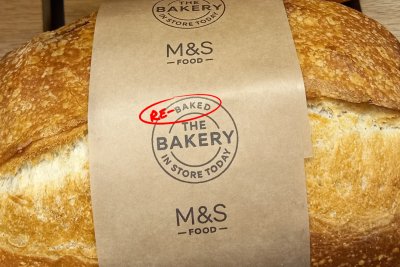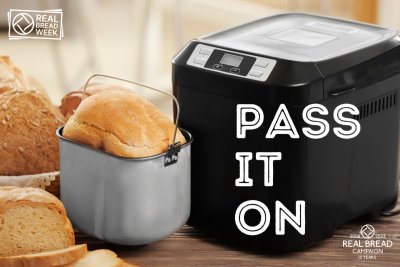 Are breads electric?. Credit: Canva / www.realbreadcampaign.org CC-BY-SA-4.0
Are breads electric?. Credit: Canva / www.realbreadcampaign.org CC-BY-SA-4.0
As part of its 15th annual, international Real Bread Week celebrations (17-25 February 2024), the Real Bread Campaign is urging people to dig out their unloved bread machines and make Real Bread in them, or pass those digital doughmeisters to others who will.
Real Bread Campaign co-ordinator Chris Young said:
“Many people enjoy the therapeutic process of mixing, kneading and shaping dough by hand, but we know this isn’t for everyone. Adopting one of these under-appreciated gadgets is a very affordable and accessible way for more people to take control of the food they do, and the additives they don’t, eat and feed to their families.”
Pass it on
According to research carried out in 2023 for independent not-for-profit organisation Recycle Your Electricals, there might be around 1.4 million bread makers going unused in UK homes. Rather than asking anyone to shell out for a new machine, the Real Bread Campaign suggests people find a second-hand, PAT tested one from a trusted source, such as a charity shop or other reputable dealer.
Ways in which someone can give away a working bread machine include through a charity shop that accepts electricals, and platforms such as Freecycle, Freegle and Olio.
Affordability
Current prices for bread (AKA strong) flour start at under 75p a kilo and might work out to even less for people who can buy in bulk. In October 2023, consumer organisation Which? reported: ‘If you were to bake two white 1kg loaves every week, under the current energy price cap (27.35p per kWh), it would cost between £7.53 and £11.66 of electricity per year to run your bread maker.’
The crust you can trust
Real Bread is a delicious, nutritious, additive-free timeless original. With questions and concerns gathering around ultra-processed food (UPF), for many people the idea of the Chorleywood Process loaf is staling. With a heritage dating back perhaps as far as around 14,400 years, Real Bread has a bright future as the crust you can trust.
What is Real Bread Week?
Created and run since 2010 by the Real Bread Campaign, #RealBreadWeek encourages people around the globe to:
- BAKE Real Bread
- BUY Real Bread
- BOOST the Real Bread Campaign
The Real Bread Campaign website is where to find free recipes, as well as places to buy additive-free bread from more than 600 bakeries that have added their details to the Real Bread Map. The map also includes places to learn to make Real Bread. While out shopping people can look for The Real Bread Loaf Mark.
The Real Bread Campaign is run by food and farming charity Sustain. Ways that everyone can help to boost the charity’s work include joining the Campaign, making a doughnation, and buying Real Bread books and other gifts.
@realbreadcampaign #RealBreadWeek
Real Bread Campaign: The Real Bread Campaign finds and shares ways to make bread better for us, better for our communities and better for the planet. Whether your interest is local food, community-focussed small enterprises, honest labelling, therapeutic baking, or simply tasty toast, everyone is invited to become a Campaign supporter.
Sustain
The Green House
244-254 Cambridge Heath Road
London E2 9DA
020 3559 6777
sustain@sustainweb.org
Sustain advocates food and agriculture policies and practices that enhance the health and welfare of people and animals, improve the working and living environment, promote equity and enrich society and culture.
© Sustain 2024
Registered charity (no. 1018643)
Data privacy & cookies
